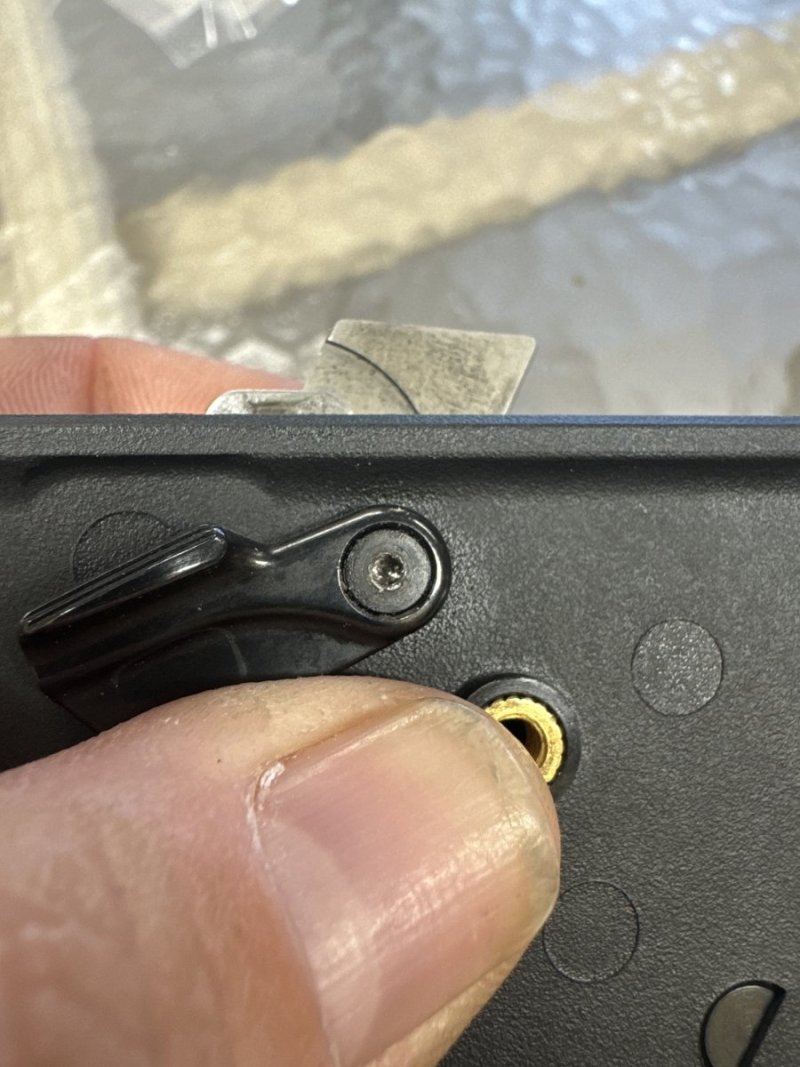I have sent my torque wrenches to Dynamic Instruments(?) in Florida, they calibrate quality tools.
I sent them 3 Snap-On wrenches and a Fluke 88 meter (all at the same time) and they do an awesome job for a very resonable price.
They send them back with certificates and calbration sheets.
I can probably get the info for them out of my tool box if you want it. I think it was about $25-$30 per torque wrench and like $40 for the Fluke. They tested all leads and accessories too. Fast turn around, quality packaging for return shipping, etc.,
Yeah man if you wouldn’t mind post up their info, others may want it as well.








